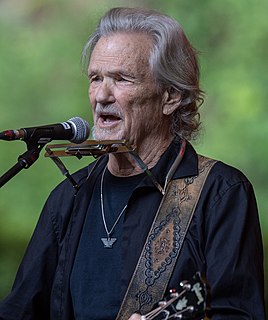A Quote by David Ayer
It was a distortion, a mercenary decision to create this parallel history in order to drive the movie for an American audience, Both my grandparents were officers in World War Two, and I would be personally offended if somebody distorted their achieve.
Related Quotes
In the course of the history of natural science, it always happens that profound or true thoughts or true facts were always either distorted or flattened out. The danger, especially of distortion, is particularly great in the case of orgonomy. We must be scientific, we cannot be political in these matters. And I personally declare that I will be the first to fight with all my strength, with whatever I've got against such a distortion of our principles.
I'm a Veteran. I was in the Navy, in the submarine corps. I come from a military family. Both of my grandparents were in World War II and retired as officers. One fought in the Pacific and one fought in Europe. The whole family was in the war. I grew up exposed to it and hearing the stories, but the stories I heard weren't kind of the whole "Rah, rah, rah! We saved the world!" They were about the personal price and the emotional price.
The World War I, I'm a child of World War I. And I really know about the children of war. Because both my parents were both badly damaged by the war. My father, physically, and both mentally and emotionally. So, I know exactly what it's like to be brought up in an atmosphere of a continual harping on the war.
If in order to avoid further Communist expansion in Asia and particularly in Indo-China, if in order to avoid it we must take the risk by putting American boys in, I believe that the executive branch of the government has to take the politically unpopular position of facing up to it and doing it, and I personally would support such a decision.
The bipolar world of the Cold War is history. The new world order, however, is not the One World dreamed of by Wilsonian idealists. It is a Balkanizing world where race, tribe, culture and creed matter most, and democracy is seen not as an end in itself but as a means to an end - the accretion of power by one's own kind to achieve one's own dreams.
We know that there were so many Japanese American soldiers in World War II who were fighting in Europe despite the fact that their families, their parents were back home in American prison camps. It's savagely ironic that between themselves and the African-American soldiers, who were also segregated and didn't see the fruition of the work the culminated in the Civil Rights Act until the '60s, that these American heroes and their stories are not well known; and the fact that the 442nd/100th became the most decorated unit in U.S. history.




































